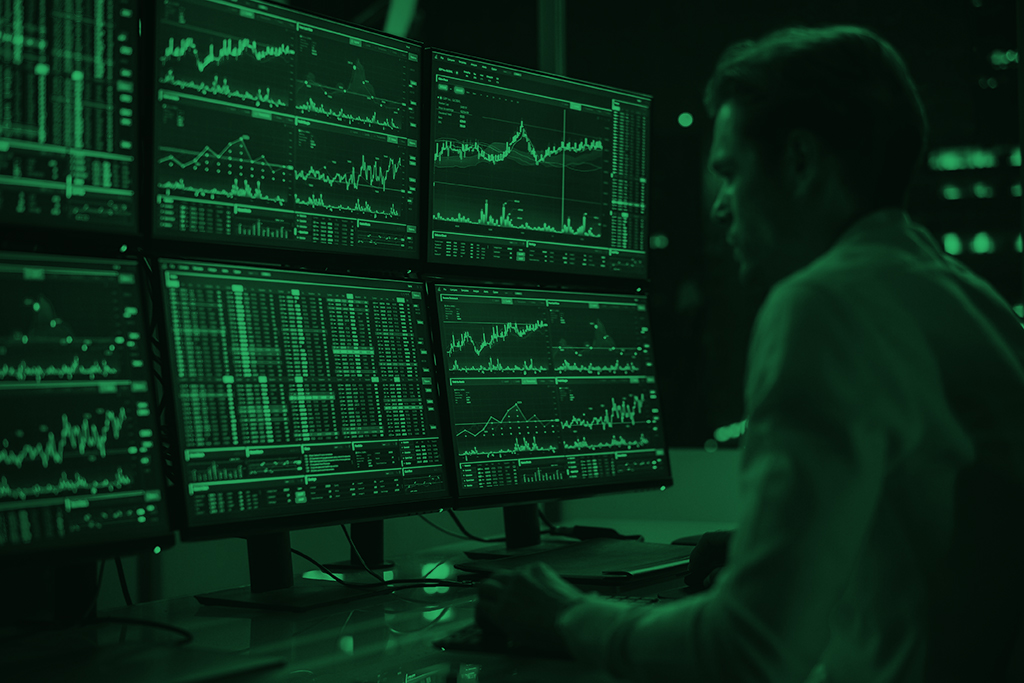Emotions in trading – Overconfidence

However, it can also be a dangerous place for those who are overconfident in their abilities. Overconfidence is a common problem in FX trading, and it can lead to significant losses for traders who fail to recognize the risks involved.
Overconfidence is the tendency to overestimate one’s abilities and knowledge, often leading to a false sense of security. In FX trading, overconfidence can manifest itself in a number of ways. For example, a trader may believe that they have a deep understanding of the market and that they can predict market movements with a high degree of accuracy.
Common mistakes
One of the most common mistakes made by overconfident traders is taking on too much risk. They may believe that they can handle larger positions and bigger trades than they actually can, leading to significant losses when the market moves against them. Overconfident traders may also be more likely to take impulsive trades, without fully analyzing the risks and potential outcomes.
Another danger of overconfidence in FX trading is the tendency to hold onto losing trades for too long.
This can lead to even larger losses, as traders continue to hold onto a losing position in the hopes of a reversal that may never come.
Overconfidence can also lead traders to ignore important market signals and data, leading to poor decision-making and missed opportunities. Traders who are overconfident may believe that they already know everything they need to know, and may fail to do proper research or analysis before making a trade.
They should be willing to admit when they are wrong and to learn from their mistakes. It’s also important to develop a solid trading plan, with clear rules for risk management and position sizing. Traders should stick to their plan and avoid making impulsive decisions based on emotions or overconfidence. Continuously educating themselves and stay up-to-date with the latest market developments and trends. This can help to make better-informed decisions and avoid common pitfalls.
A popular way to flush out potential emotional interference is automating the Trading processes, as this is how, emotions have no access to the practices. Capitalize.AI is standing out as handy solution, as the Trader does not need to be a software engineer to automate his/her approach.
How do the pro traders manage overconfidence?
Professional traders are not immune to overconfidence, but they have developed ways to manage it effectively. Here are some ways that pro traders manage overconfidence:
- They have a healthy respect for the markets: Professional traders understand that the markets are complex and unpredictable. They do not believe that they have all the answers or that they can accurately predict market movements. Instead, they approach trading with a sense of humility and a willingness to learn.
- They have a solid trading plan: Professional traders have a well-defined trading plan that outlines their risk management strategy, position sizing, and entry and exit points. They stick to this plan, even when the market is volatile or when their emotions are running high. This helps them avoid making impulsive decisions based on overconfidence.
- They practice risk management: Professional traders understand the importance of managing risk. They use stop-loss orders, limit orders, and other risk management tools to limit their exposure to losses. This helps them avoid taking on too much risk and helps them stay in the game for the long term.
- They continuously educate themselves: Professional traders are always learning. They stay up-to-date with the latest market developments and trends, read trading books and blogs, attend conferences, and network with other traders. This helps them expand their knowledge and avoid becoming complacent.
- They seek feedback: Professional traders are not afraid to seek feedback from others. They may work with a mentor or a trading coach, or they may join a trading community where they can share ideas and get feedback on their trades. This helps them avoid becoming too attached to their own ideas and helps them see their blind spots.
Professional traders manage overconfidence by approaching trading with a sense of humility, sticking to a solid trading plan, practicing risk management, continuously educating themselves, and seeking feedback from others. By doing so, they are able to stay grounded and avoid the dangers of overconfidence in the markets.
The information provided here has been prepared by Eightcap’s team of analysts. All expressions of opinion are subject to change without notice. Any opinions made may be personal to the author and do not reflect the opinions of Eightcap.In addition to the disclaimer on our website, the material on this page does not contain a record of our trading prices, or represent an offer or solicitation for a transaction in any financial instrument. Eightcap accepts no responsibility for any use that may be made of these comments and for any consequences that result. No representation or warranty is given as to the accuracy or completeness of this information. Consequently, any person acting on it does so entirely at their own risk. Any research provided does not have regard to the specific investment objectives, financial situation and needs of any specific person who may receive it. It has not been prepared in accordance with legal requirements designed to promote the independence of investment research and as such is considered to be a marketing communication. Please note that past performance is not a guarantee or prediction of future performance. This communication must not be reproduced or further distributed without prior permission.


